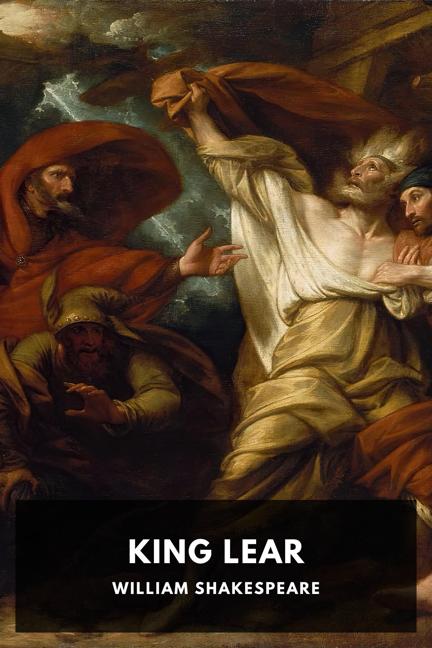

These late eclipses in the sun and moon portend His bastard son Edmund leads him to believe that his legitimate son Edgar wants to kill him and take over his title. The Earl of Glouchester: “This villain of mine”Įarlier in the play, Glouchester, like Lear, is tricked by one of his children. In anger, in celebration, he turns to Glouchester and tears out his second eyeball. He kills the servant, but suffers what he doesn’t yet realize is a mortal wound. To laughter and contempt that she may feelĪfter ripping one of the Earl of Glouchester’s eyeballs out, the Duke of Cornwall, the husband of Lear’s daughter Regan, fights a duel with a faithful servant who is aghast at his master’s action. With cadent tears fret channels in her cheeks Let it stamp wrinkles in her brow of youth Suspend thy purpose, if thou didst intendĬreate her child of spleen that it may live,Īnd be a thwart disnatured torment to her! In his condemnation of her, he reaches deep inside his kingly self to curse her with awesome grandeur: Here is Lear who has finally realized that his daughter Goneril is betraying him. King Lear: “Dry up her organs of increase” Here, though, there is a concentrated fierceness to his words that make them seem like knife slashes or the bludgeoning of a baseball bat. This is, of course, Shakespeare, so we expect great poetry. King Lear is also a work of great literary beauty, and that’s what I want to focus on.



It is a story about pain and stupidity and the cruelty of being a human being, prone to failure. It is a lot like the Book of Job in the Bible in which the central character rails at the unfairness of life. It is a play filled with murders and hangings and a suicide and not one but two eyes being ripped out. This is a play about loyalty and disloyalty, about parents and children, about wisdom and foolishness, and about the many forms of madness - arrogance, greed, anger, ambition, dementia and pride. To his third and dearest daughter, he gives nothing. Talk about Shakespeare’s great King Lear tends to focus on the action of the play and its meaning.Ī self-satisfied monarch, blind to the consequences of his actions, splits his realm in two, giving half to one daughter and half to the other.


 0 kommentar(er)
0 kommentar(er)
